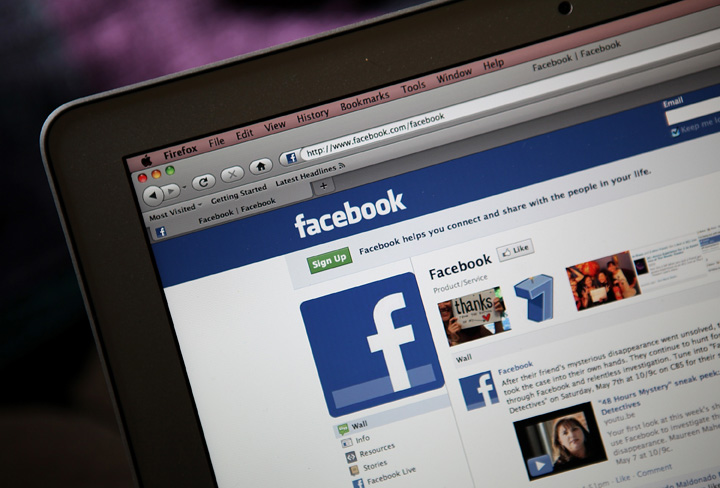Facebook has made some changes to its controversial “real names” policy in response to an open letter written by a number of advocacy groups slamming the social network for being discriminatory.

The real names policy required that users go by their “authentic name,” rather than a pseudonym, when using the social media site. The policy has been widely slammed by transgender and First Nations users posting under a name other than their legal one.
In response to the letter, penned in early October, Facebook has made two changes to its policy.
First, users will now be able to provide additional context and explanation for using their preferred name when confirming their accounts.
“This should help our Community Operations team better understand the situation,” said Alex Schultz, vice president of growth at Facebook, in response to the letter.
“It will also help us better understand the reasons why people can’t currently confirm their name, informing potential changes we make in the future.”
READ MORE: Facebook apologizes to drag performers for ‘real names’ policy
Additionally, anyone who flags another user for using an alternate name will now be required to provide additional detail about their complaint. The social network hopes this will dissuade people from reporting profiles without just cause. If a profile is flagged for using a fake name, the user is locked out until they can confirm their identity with Facebook.
While Facebook does not technically require users to go by their legal names on the site, the site does require users to go by “a name other people know them by.”
Facebook has defended the real names policy saying that it makes the platform safer by holding people accountable for what they say online.
“When people use the name others know them by, they are more accountable for what they say, making it more difficult to hide behind an anonymous name to harass, bully, spam or scam someone else,” wrote Schultz.
“A review of our reports from earlier this year showed that bullying, harassment or other abuse on Facebook is eight times more likely to be committed by people using names other than their own than by the rest of the Facebook community.”
READ MORE: Facebook clarifies rules about what you can and can’t post
Schultz said users should start seeing the changes by December.
“We are deeply invested in making this better. I’ve seen firsthand how people — including LGBT people — can be bullied online by people using fake or impersonating accounts. At the same time, I’ve walked with our head of Community Operations at Pride in San Francisco, and heard the feed-back from the LGBT and other communities that our policy and tools aren’t enabling people to be their authentic selves on Facebook,” he wrote.
“It’s a balance to get this right — we want to find a line that minimizes bullying but maximises the potential for people to be their authentic selves on Facebook.”
In 2014, the social network was forced to apologize to drag performers and the transgender community for deleting accounts that used drag names instead of legal names.
Last month, several users claimed the social network suspended their accounts after flagging their aboriginal names as “not authentic.”
In March, Facebook changed language in the real names policy. In the update, Facebook clarified that users do not have to use their legal name in their profile, but asked that users go by their “authentic identity” – the name they choose to go by.




Comments